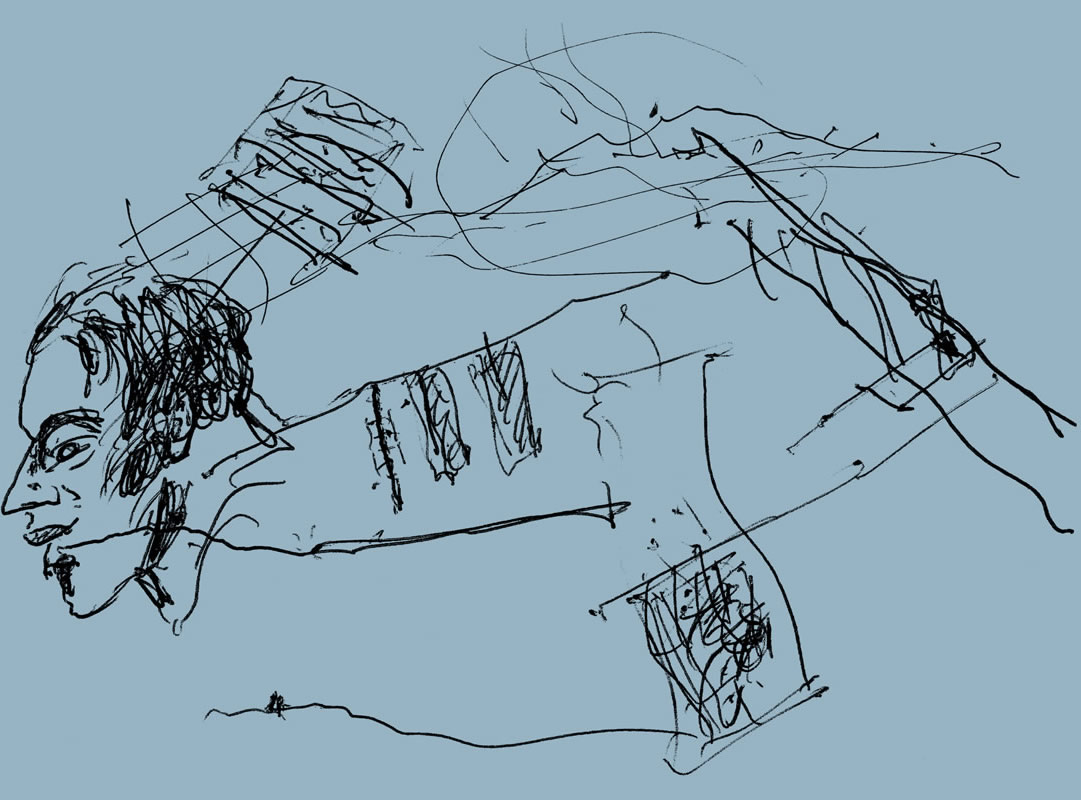Diller Scofidio + Renfro | Field Operations | Atelier Novembre | Rinaldo Olivieri | Roberto Burle Marx | DLR Architects Department| A2 Architects | Studio Ser | Rural Urban Framework | Collectivo C733 | Jamie Fobert Architects | Purcell | Fernanda Canales Arquitectura
Spaces where people can move, speak and act freely and without being monitored are all but absent in today’s cities. ‘Parks, agoras, town halls, parliaments and college greens,’ Shannon Mattern reminds us in this issue’s keynote, ‘can be orchestrated to facilitate surveillance.’
This issue revisits five public spaces, asking how their original designers envisaged their use and how this has changed with time and shifting socio-economic incentives. Some are success stories: Copacabana beach in Rio de Janeiro, complete with Roberto Burle Marx’s pavements, ‘attracts the richest and the poorest’, while at Le Cent Quatre in Paris, amateur artists and professionals come to rehearse, learn and play in a convivial atmosphere.
Others have languished, such as Abidjan’s modernist La Pyramide, or have introduced access barriers – entry to Meskel Square in Addis Ababa is now subject to a fee. In New York, on the other hand, the High Line has precipitated extreme gentrification along its length; its ‘successes and shortcomings are as much a product of the neoliberal economy as of its designers’, writes Peter Lucas.
Against this context, the second edition of the AR Public awards celebrates new public spaces around the world. What becomes apparent in the following pages is the critical role played by public bodies in carving out public space – and the urgency of strengthening this responsibility.
1513: AR Public

Cover (above) Dean Kaufman for The Architectural Review
The southern end of Manhattan’s elevated High Line park sits on Gansevoort Street, next to the Whitney Museum of American Art in the heavily gentrified Meatpacking District. Having taken a hit during the Covid-19 pandemic, New York’s pretzel vendors – a fixture of the city’s public life – are back in full force here. They stay open while the High Line closes to the public at dusk
Folio (lead image) © Larissa Fassler / VG Bild-Kunst Bonn / DACS 2024
In 2013, the artist Larissa Fassler traced the movements of people on Paris’s Place de la Concorde. The events documented include a teenage girl running away from the police, jaywalkers, public urination, tourists and spots where unhoused people spend the night
Public
Keynote
Surveillance space
Shannon Mattern
Revisit
High Line in New York City, US by Diller Scofidio + Renfro and James Corner Field Operations
Peter Lucas
Revisit
Meskel Square in Addis Ababa, Ethiopia
Rahel Shawl
Revisit
Le Cent Quatre in Paris, France by Atelier Novembre
Manon Mollard
Revisit
La Pyramide in Abidjan, Côte d’Ivoire by Rinaldo Olivieri
Julia Gallagher and Yah Ariane Bernadette N’djoré
Revisit
Copacabana Beach in Rio de Janeiro, Brazil by Roberto Burle Marx
Francesco Perrotta-Bosch
AR Public awards
Winner
Dún Laoghaire Baths in Dún Laoghaire, Ireland by DLR Architects and A2 Architects
Lisa Godson
Highly commended
Seven interventions in Monte, Switzerland by Studio Ser
Stefano Passamonti
Highly commended
Ger Innovation Hub in Ulaanbaatar, Mongolia by Rural Urban Framework
Katie Schulder-Battis
Commended
Muelle de San Blas, Mexico by Colectivo C733
Suleman Anaya
Commended
National Portrait Gallery in London, UK by Jamie Fobert Architects and Purcell
Catherine Slessor
Commended
Border library and sports centre in Agua Prieta, Mexico by Fernanda Canales Arquitectura
Pablo Emilio Aguilar Reyes
 The Architectural Review An online and print magazine about international design. Since 1896.
The Architectural Review An online and print magazine about international design. Since 1896.


